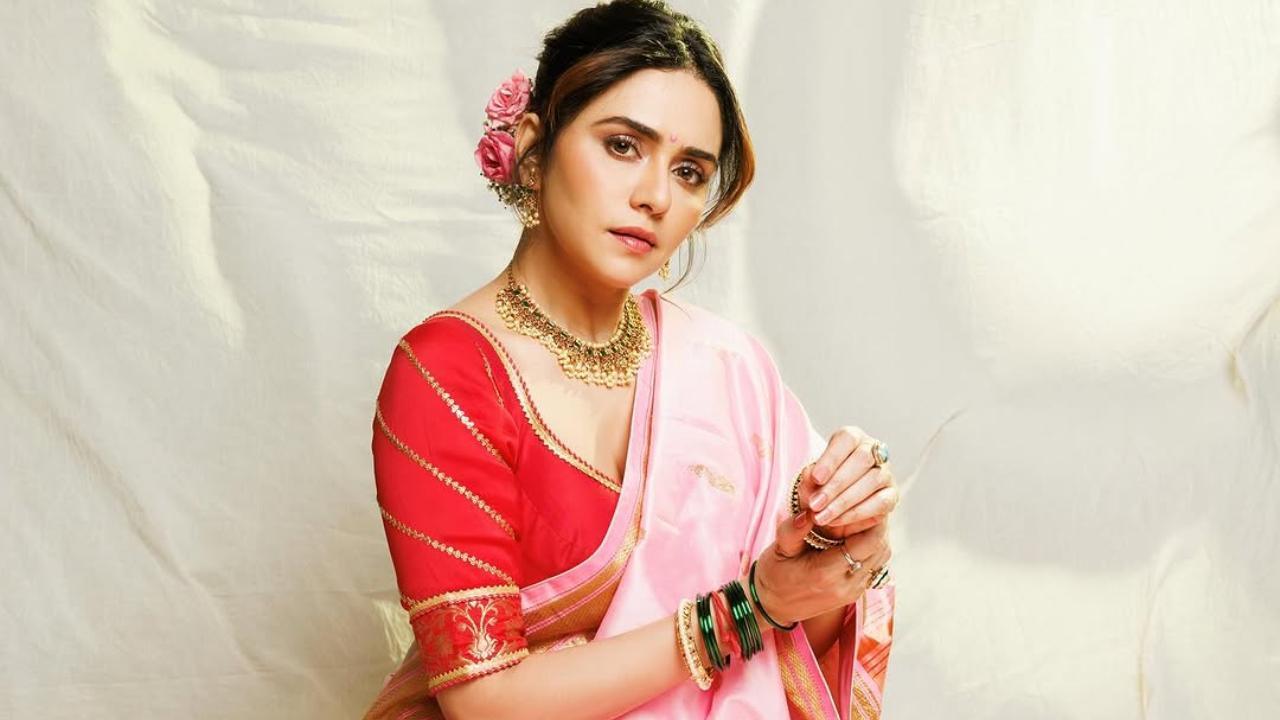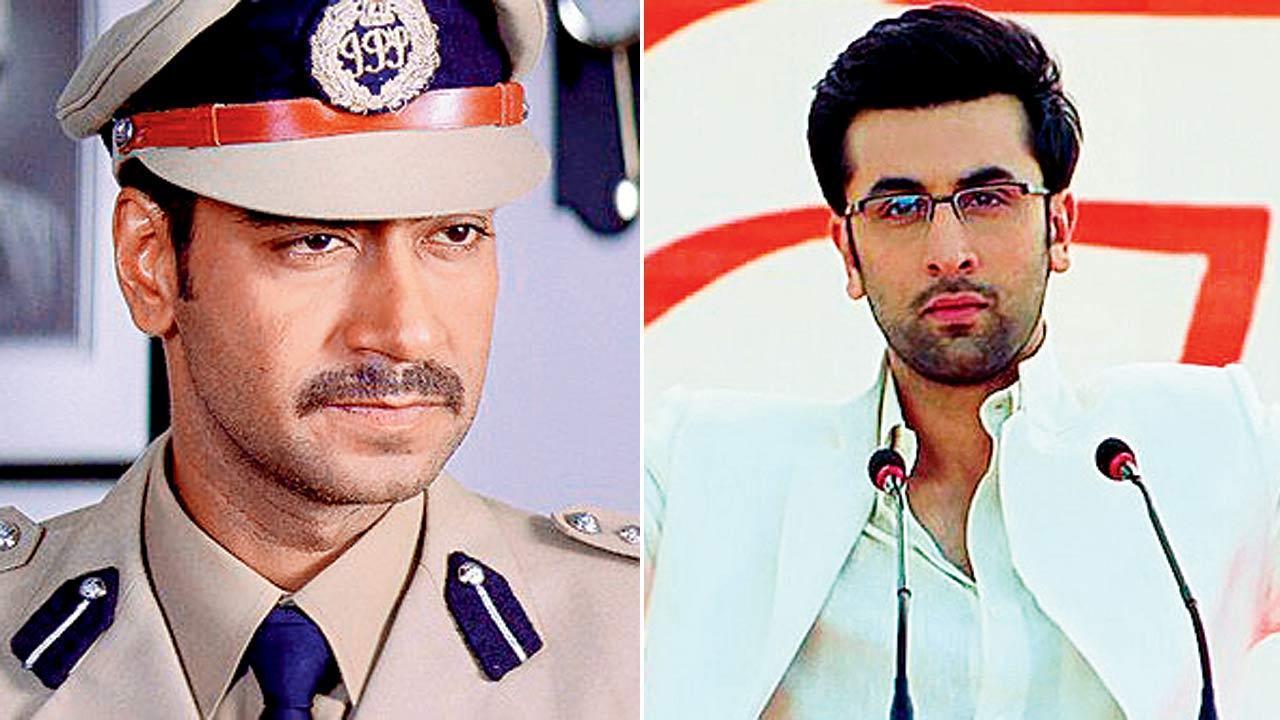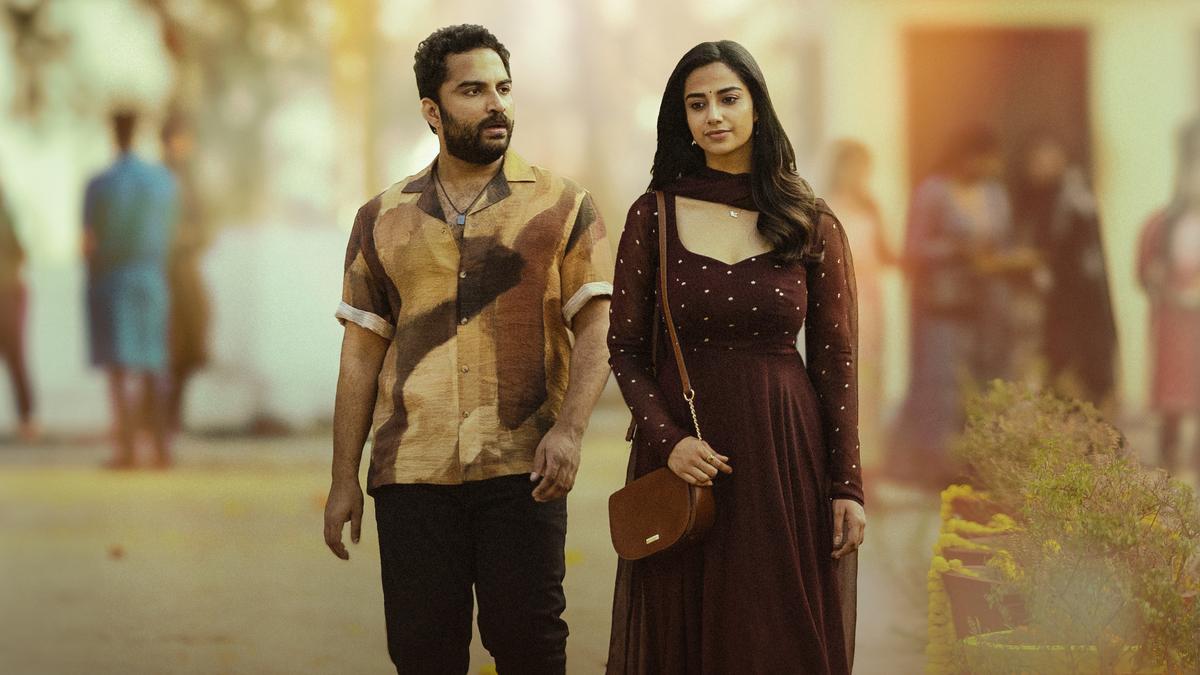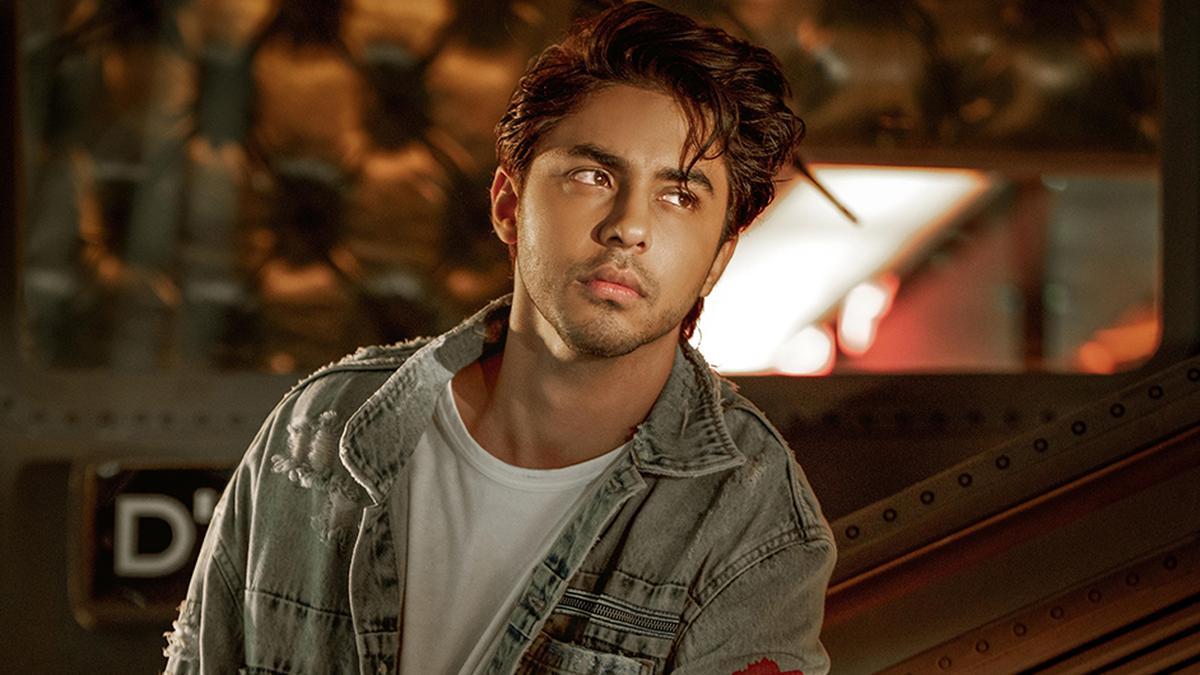
Bhumi Pednekar, a prominent Bollywood actress known for her compelling roles and socially-conscious statements, recently took to Instagram to deliver a heartfelt message on the occasion of Raksha Bandhan. Her post was both a celebration of the bond between siblings and a stark reminder of the grim realities women continue to face in modern society.
Amid an emotional backdrop, Pednekar began by expressing gratitude to the positive male figures in her life. “Happy Raksha Bandhan! I’ve been fortunate to have had brothers and men in my life that have been my allies,” she wrote in her post. “Thank you!” The actress’s words resonated deeply with many, underscoring the significance of having supportive relationships.
However, Bhumi did not shy away from addressing the darker side of gender relations in India. She recounted harrowing experiences from the lives of many women, stories that many have heard before but continue to be a painful reality. “We have been hearing since childhood – So-and-so’s sister is beaten badly by her husband. But the poor girl cannot leave him. Her sister met with an accident; it seemed like it was a dowry case. Her sister was about to go to college, but some boys harassed her so much that she had to stop going. Someone threw acid on her sister, boys would harass her, she raised her voice and this happened,” she wrote poignantly in Hindi.
The actress didn’t stop there. She continued to describe instances of women being violated simply for existing in public spaces. “Her sister was returning from work in the evening and got raped. She accompanied her friend on a bus and got raped. She was on her way to school and got raped. She was working in the fields and got raped. She was working late at night in the office and got raped.
.”
Bhumi’s message brought to light the systemic and pervasive nature of violence against women in various aspects of societal functioning. “It’s 2024, why do we still need protection from our brothers?” she questioned, highlighting a society where, despite progress in many areas, women continue to live in fear.
She pointed out the irony and tragedy that many of the perpetrators of these crimes are themselves brothers, fathers, and sons. “All those men who committed these crimes against women were someone’s brothers. When they did such heinous acts, do they not think about their sisters and mothers? Where is fear? Where is humanity?” Bhumi asked, her words demanding introspection and action.
Pednekar called for a collective awakening and urged for societal reformation at the grassroots level. “This Raksha Bandhan, raise your voices and fight alongside your sisters and daughters. Teach your sons good morals, and educate them so that the next generation doesn’t hear the same stories,” she implored. Her call to action wasn’t just another social media post but a deeply personal and public plea to change the narrative around gender-based violence.
This powerful post aligned closely with her professional endeavors. Bhumi’s last project, ‘Bhakshak,’ shed light on the sexual abuse endured by young girls at a shelter home, bringing much-needed attention to these silent horrors. Her voice on Raksha Bandhan became more potent against the backdrop of this film, particularly considering ongoing tragic events like the recent brutal rape and murder of a trainee doctor in Kolkata.
Alongside her activism, Bhumi continues to thrive in her acting career. She is set to play the role of a cop in the upcoming web series ‘Daldal,’ directed by Amrit Raj Gupta. The series, which is based on the novel Bhendi Bazaar by Vish Dhamija, is highly anticipated by fans and critics alike. Not stopping there, she’s also part of ‘The Royals’ on Netflix, a star-studded project featuring industry titans like Zeenat Aman, Ishaan Khatter, Sakshi Tanwar, Nora Fatehi, Milind Soman, and Dino Morea.
As Bhumi Pednekar continues to use her platform to champion critical issues, her role in both real-life activism and on-screen storytelling remains influential. Her recent message on Raksha Bandhan stands out not only as a call for protection and respect but as a beacon for the morality and humanity that society desperately needs to embrace.










